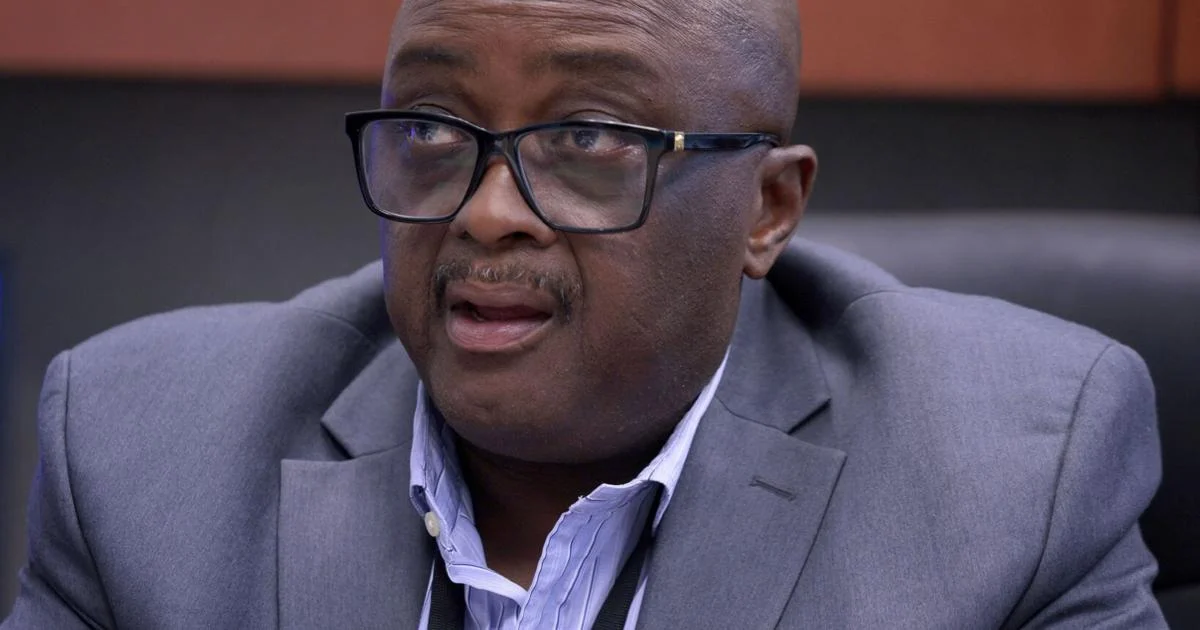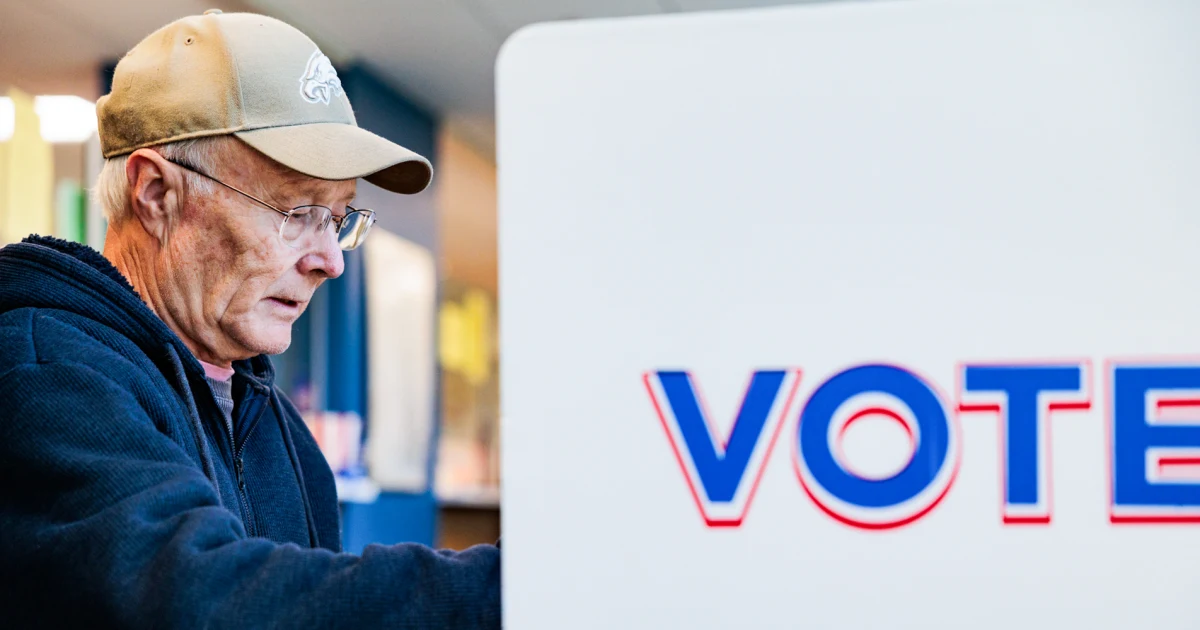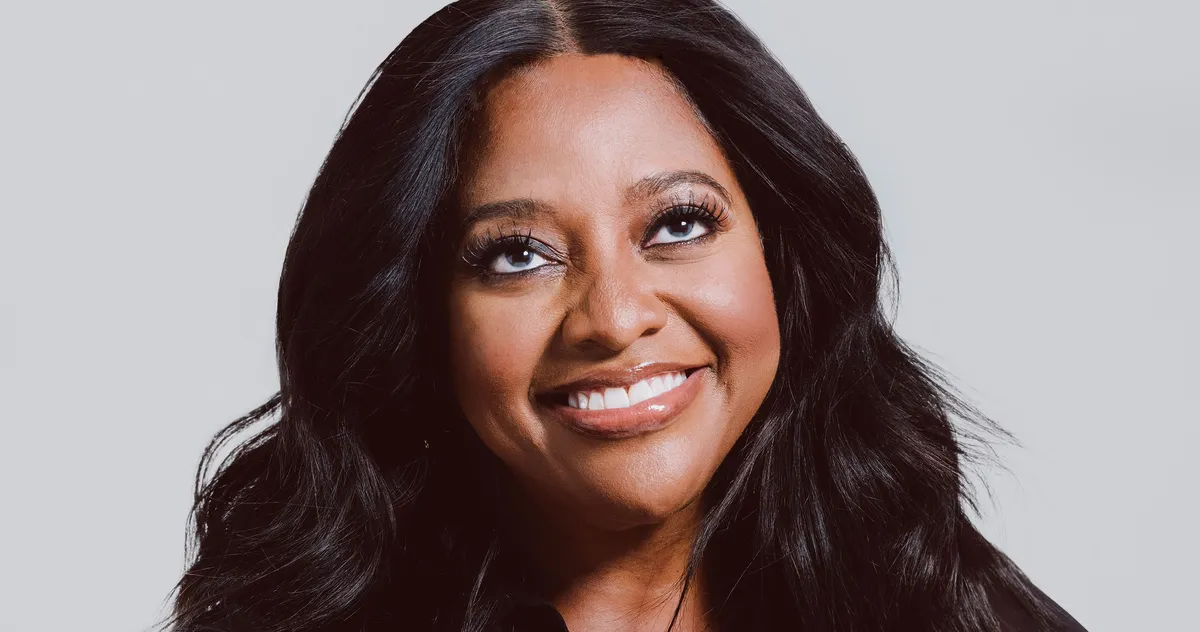
Klara Vlahčević Lisinski, a senior fellow at New Lines Institute and visiting scholar at NYU’s Arthur L. Carter Journalism Institute, specializes in reporting on conflict zones, human rights, and international relations.
This week in New York City, President Emmanuel Macron of France announced before the United Nations General Assembly that his country would formally recognize a Palestinian state. France thus joined Canada, the United Kingdom, Australia, and Portugal in doing so in recent weeks, underscoring rising opposition in the West to Israel’s continuing war against Hamas in Gaza. But in many ways, France’s move could be the most significant, given that it is a nuclear power and the largest country in the European Union to take this step.
A key player in France’s move is Ofer Bronchtein, a French peace activist and diplomat of Israeli descent who is Macron’s envoy for Israeli-Palestinian affairs. He is also the lead author of a more than 140-page plan that in painstaking detail outlines the steps needed to build a Palestinian nation, from establishing a government to providing security to building homes, roads, and infrastructure. Though the plan was written before the Oct. 7, 2023, Hamas attack that precipitated the current war in Gaza, it has resurfaced in recent days as a road map to a Palestinian nation.
In an interview last week, Bronchtein was adamant that European leadership in the Middle East peace process is long overdue. And he made clear that he views Macron’s move, bolstered by his plan, as offering a way for European and Arab countries to take the lead in securing Palestinian nationhood.
Advertisement
“France and the EU have paid the bills for 30 years, but political voice has always been ceded to America,” he told me. “Israel depends economically on Europe, Palestinians survive thanks to European aid, yet the United States monopolized the file. Now we’re telling Washington: ‘You won’t play solo anymore. We’re rising, and peace is no longer just an American project.’ ” The French initiative is, crucially, in coordination with Saudi Arabia.
Advertisement
In France, the Israeli-Palestinian conflict fuels both antisemitic and Islamophobic extremes. France hosts Europe’s largest Jewish and largest Arab communities. Bronchtein’s report urges France to confront these domestic fractures directly: “You must show Jewish citizens you understand their fears and Muslims you haven’t abandoned them,” he told me. “Humility, solidarity, and generosity are the only foundation for real, stable peace.”
Born in Israel, Bronchtein was raised in France before becoming a peace activist in Tel Aviv. He served as an adviser to Prime Minister Yitzhak Rabin of Israel during negotiations over the Oslo Accords in 1992-’93 and was later given a Palestinian passport by Mahmoud Abbas, the head of the Palestinian Authority.
Asked about Abbas today, Bronchtein was frank, calling him and the authority “weak.” “But even with all their frailty, they hold back their people from violence,” he contended, making a point about the occupied West Bank that the Israel government would reject. “There is less protest in Ramallah or Nablus than in Paris, Berlin, or New York. These leaders have chosen a strategic view: Progress by diplomacy, not violence.”
Advertisement
He also disputed the widespread notion that Hamas’s terrorism is being rewarded through Macron’s initiative. “It is not a reward for Hamas. We are rewarding the Palestinian Authority for choosing diplomacy. The choice is recognize now, negotiate after.”
Macron’s diplomatic toolbox, as outlined by Bronchtein, calls for ending EU funding to support the Israeli occupation. It also calls for Palestinian elections and leveraging the Abraham Accords and Arab Peace Initiative to expand normalization efforts across the region. Bronchtein believes he would even reach out diplomatically to Iran, Israel’s most implacable foe.
Bronchtein also encourages novel approaches to governing the dispersed Palestinian population. “If we’re honest, Palestine is separated — Gaza, the West Bank, East Jerusalem, each with different memories, politics, and grievances. Maybe we need new models: cantons, federations, confederal ties with Jordan and Israel,” he said.
Gaza’s reconstruction, in Bronchtein’s vision, demands practical internationalism. Temporary housing zones for 1.5 million displaced persons, modern hospitals and schools, desalination plants, new roads, and digital infrastructure must be funded by a mix of public and private sources, with regional partners taking central roles. He suggests redirecting oil and gas transaction fees and utilizing Gaza’s offshore gas. “It’s not about rebuilding what has been ruined. It’s about creating a model for the whole region,” he said.
The World Bank estimates rebuilding Gaza would cost $53 billion over five years. “Just a quarter of annual Middle East military spending would cover all of Gaza’s reconstruction,” Bronchtein lamented. “Why spend billions on conflict when we could build something new?”
But he acknowledged that security must come first. “As long as Hamas rockets are fired, Israel will not leave. Security first. But once the guns stop, everything must begin at once — jobs, education, health care — a true city for two million people must be built, not just repaired.”
Advertisement
Bronchtein proposes two possible guarantees: making both a Palestinian state and Israel candidates for European Union membership and inviting Israel into NATO or a new European security coalition. He says there is some precedent for such arrangements. Cyprus is an EU member even though it is about 140 miles off the coast of Northern Israel and not in Continental Europe, while NATO has cooperative agreements with Japan and Australia. Europe’s long-standing involvement in the Middle East also gives it reason to extend some kind of security arrangement, he contends.
Macron’s speech ties recognition to the resolution of the hostage crisis and the war, but Bronchtein insists the symbolic act alone shifts the global balance. “The Arab League is clear: Hamas is over — everyone in the region is saying it. The future belongs to responsible leaders, not extremists.”
According to his plan, the reconstruction would be led by an International Reconstruction Authority, supervised by European and Gulf partners and secured by a peacekeeping contingent and a 40,000-strong Palestinian civil security force that would be built up over years. “The challenge is to build a functioning city for two million people, a five- to ten-year effort, with everything — hospitals, homes, utilities — happening in parallel,” Bronchtein explained.
The United States will block Palestinian membership at the UN, he acknowledged, but for the first time will find itself isolated. “America will be alone on this,” he argued. “Europe is rising. It’s time for Washington to become partner, not controller.”
Advertisement
“What matters is sovereignty, even if for just one day,” he continued. “Let them experience statehood — then decide how to govern.”



